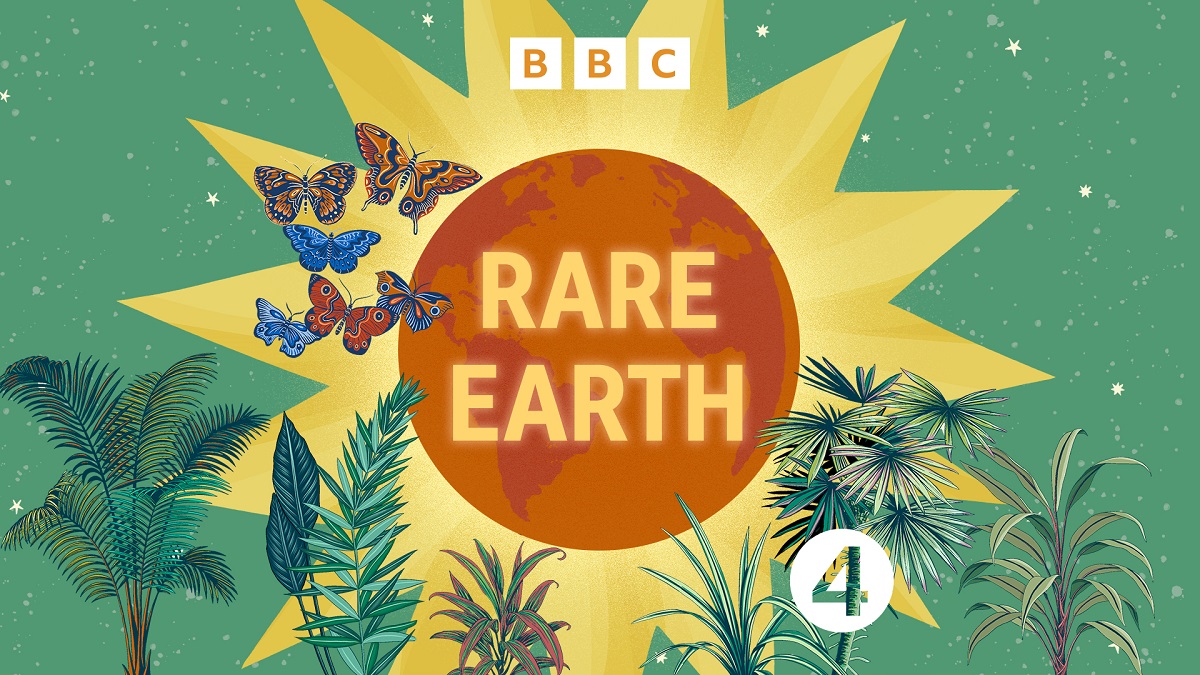OU News
News from The Open University
- Home
- Radio series Rare Earth returns for a new season
Radio series Rare Earth returns for a new season
Posted on • Science, maths, computing and technology, TV and radio

Tune in weekly from today (Friday 28th February) to listen to the OU/BBC radio series, Rare Earth, return for its fourth season hosted by environmental journalist Tom Heap and physicist Helen Czerski.
Listeners can tune in live on Fridays at 12pm or listen later through BBC Sounds.
The new series takes us from the deepest jungle to the frozen north that, sadly, isn’t quite as frozen as it was. President Trump has declared his urge to seize Greenland, but what is it about the Arctic island that excites him? Tom and Helen take a look at the changing geography of the far north and the tempting array of minerals being revealed as climate change melts the ice and eases the access to miners, traders and military interests from the US, Russia and even China.
It’s 40 years since a team of British scientists announced their discovery of a hole in the ozone layer. This vital atmospheric layer protects us against some of the most harmful impacts of the sun but the use of CFC gases in aerosols and fridges created a 20 million square kilometre hole above Antarctica. Tom and Helen meet one of the original discoverers and hear how a deal to ban the use of CFCs was agreed.
Rare Earth will also be exploring Papua New Guinea, a wildlife paradise that’s now attracting deep sea miners and speculators in search of virgin rainforest to clear for agriculture and mineral extraction. And out on the ocean, the team examine the global shipping industry. Can the technology of the past- mainsails and mizens, combined with AI technology- replace the filthy fuels that move our goods around the world?
This season of Rare Earth was supported with insight and expert opinion by academic consultants from the OU, Dr Martin Braun, Dr Simon Collinson, Dr Emma Dewberry and Dr Kadmiel Maseyk.
Dr Simon Collinson said:
“Working on Rare Earth shows the huge breadth of science covered within environmental issues from chemical analysis and solutions through to bioengineering and even rewilding. Not forgetting, also, the impacts that society trying to be more sustainable has upon the public.”
Supporting Online content:
Visit our Broadcast and Partnerships website OU Connect where you can discover more about our environment and explore what we can do to help, as well as better understand the how you can be a more mindful consumer and consider sustainability. (NB: this site may not be live or complete prior to broadcast)
This radio series was commissioned by Broadcast and Partnerships and is supported by the Faculty of Science, Technology, Engineering and Mathematics, with particular relevance to R58 BSc Biology, Q52 BSc Environmental Science and Q61 BSc/BA Design and Innovation.
- Commissioned by Dr Caroline Ogilvie, Head of Broadcast & Partnerships
- Academic Consultants – Dr Kadmiel Maseyk, Dr Emma Dewberry, Dr Simon Collinson Taylor and Dr Martin Braun
- Media Fellows – Prof. Andrew Norton
- Broadcast Project Manager – Jo Shipp
- Digital Content Producer – Xinmiao Zhang
Image credit: BBC